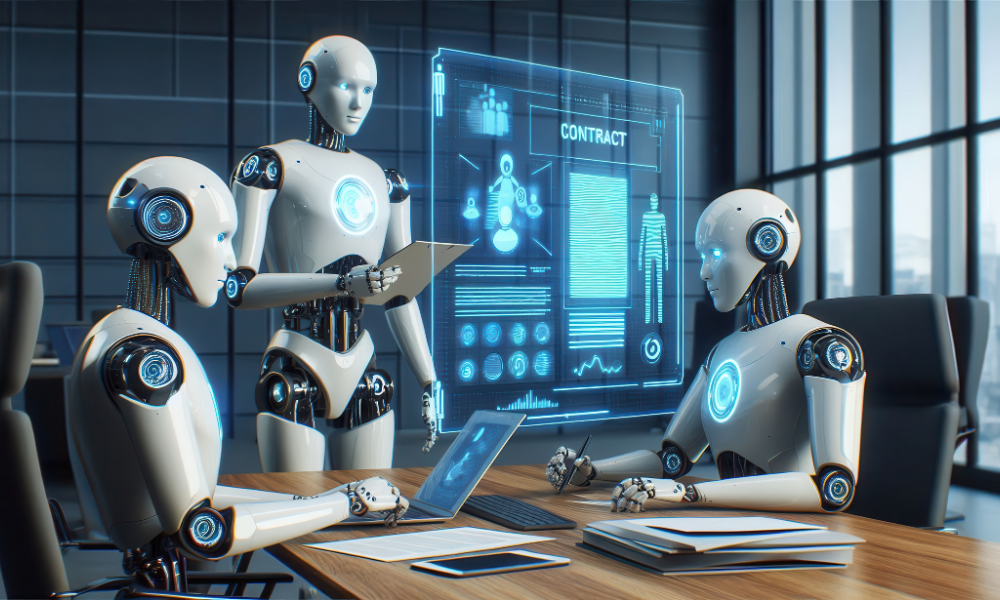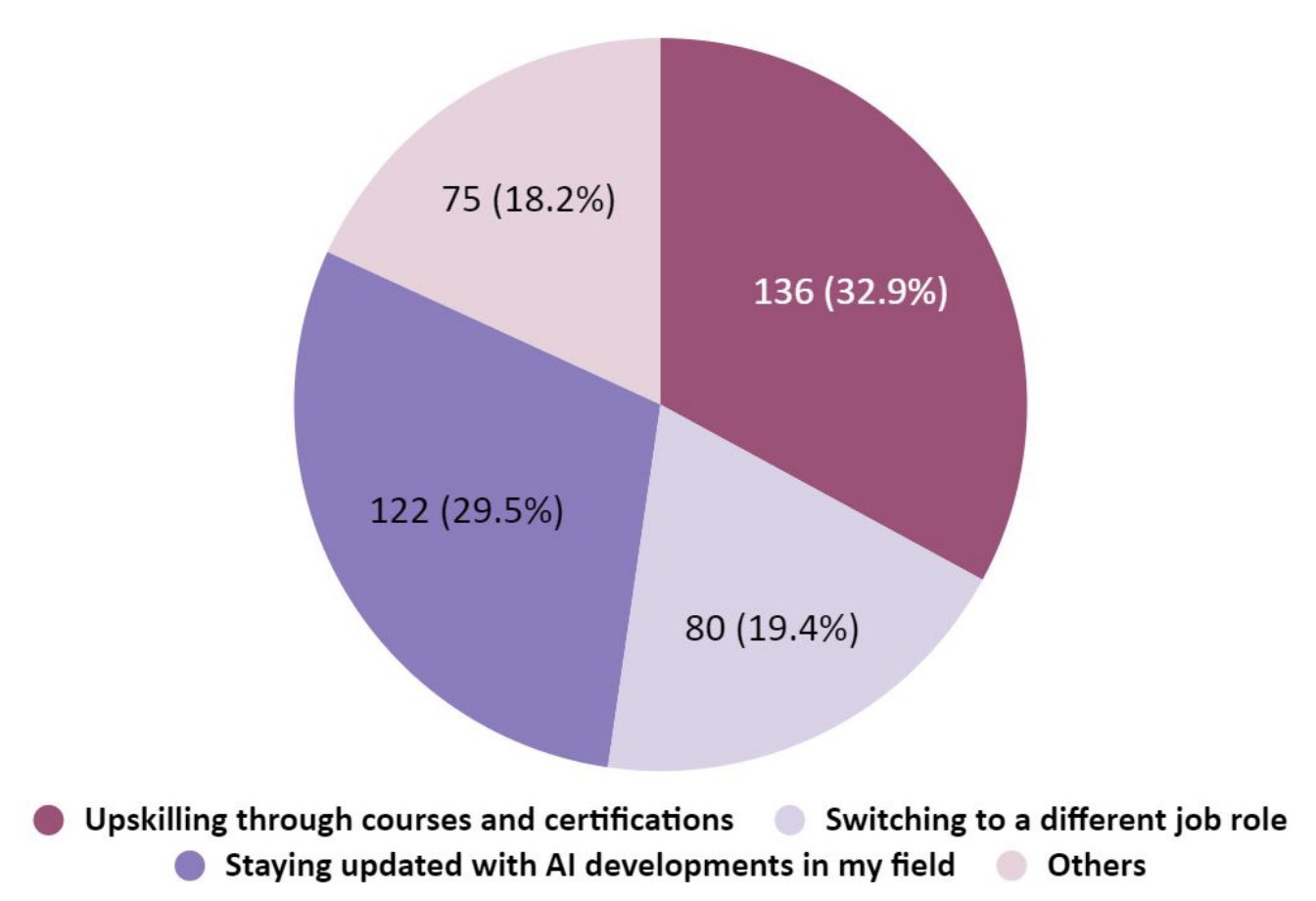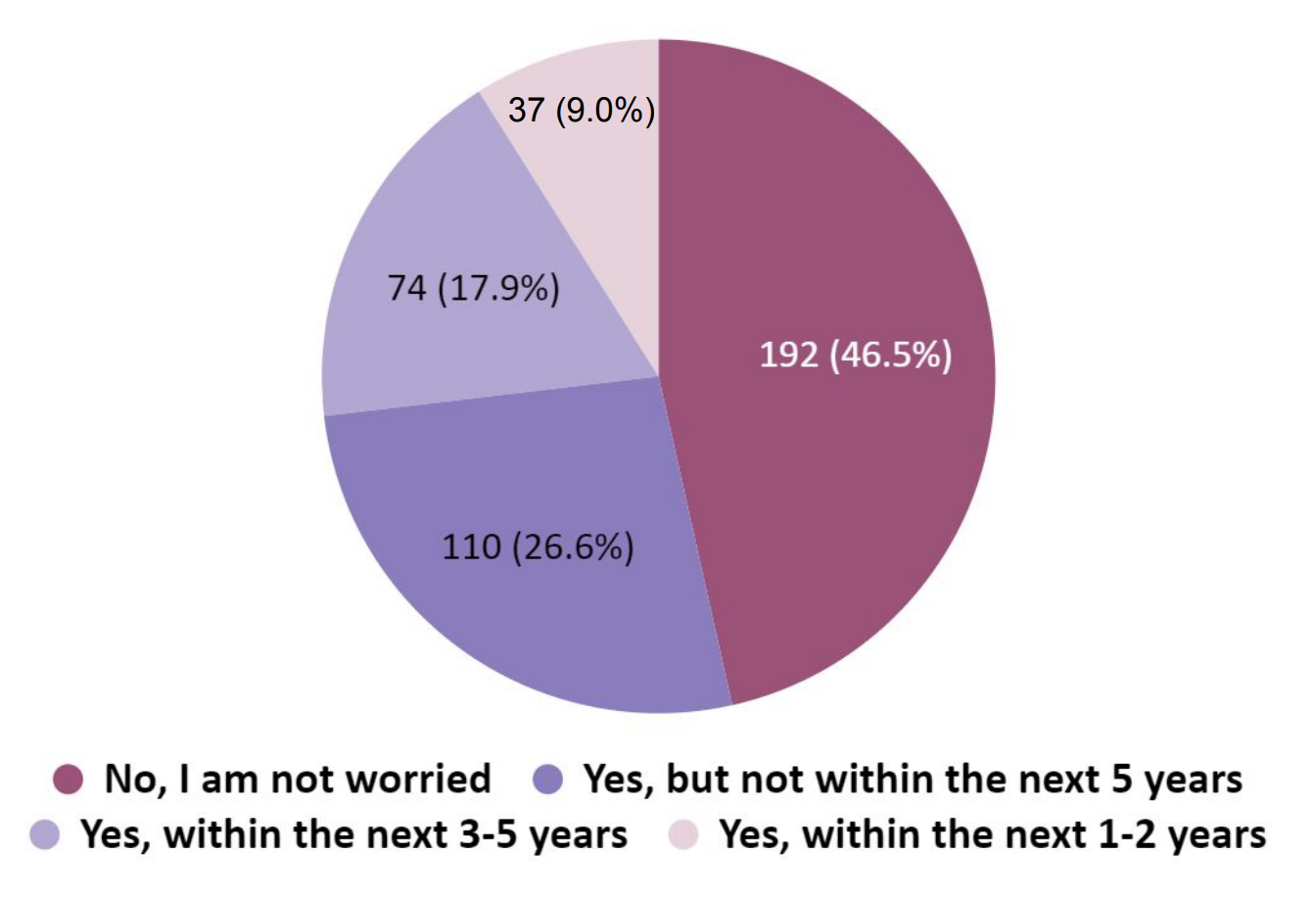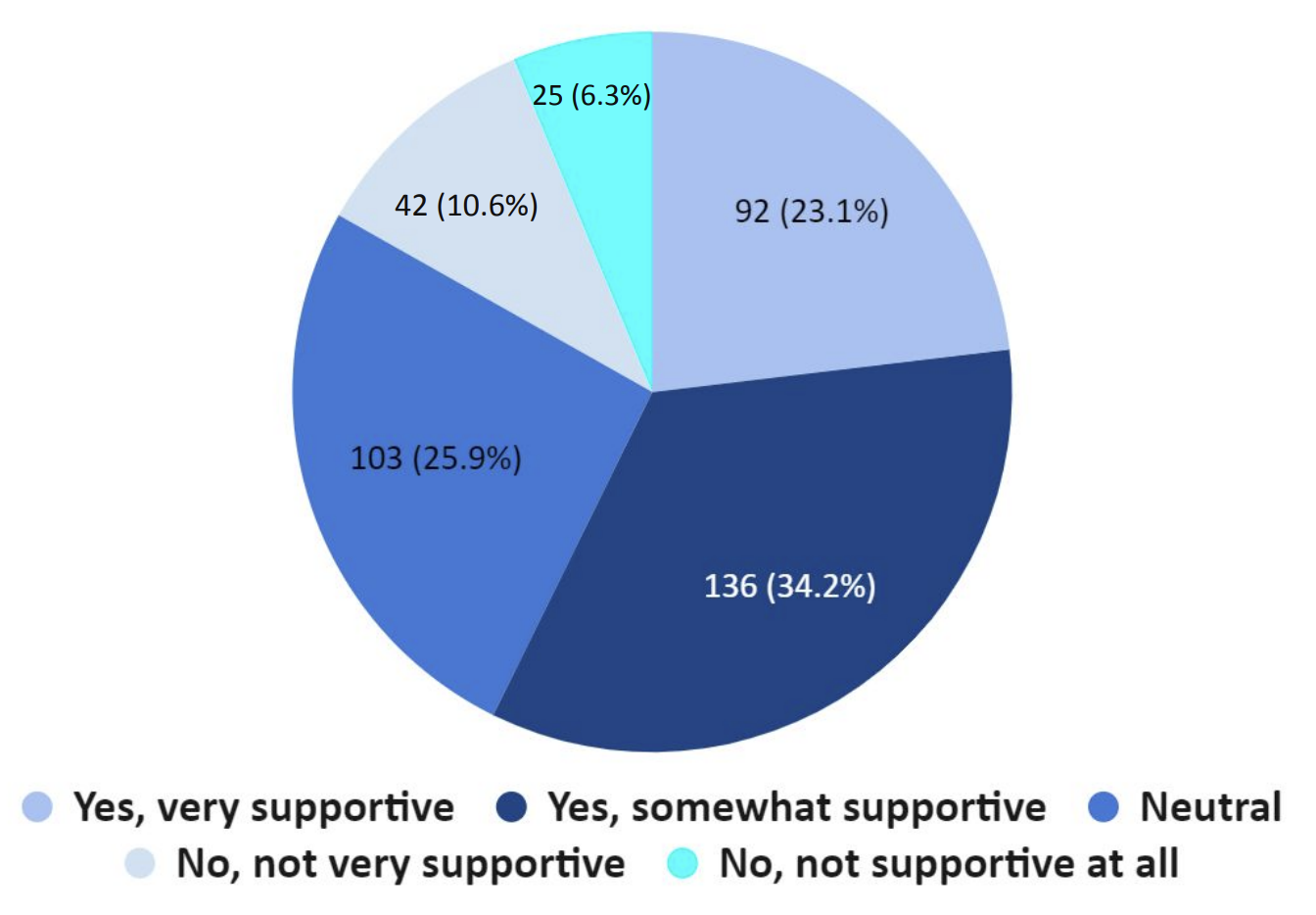
New poll shows less than 10% of employees feel supported amid AI-driven changes

More than three in five employees in Singapore are being proactive about an AI-driven future.
At the same time, they have growing anxieties that the technology will eventually take over their jobs, according to a new survey from Reeracoen.
The survey, which polled 413 respondents, found that 62.4% are actively preparing for an AI-driven future, mainly through upskilling (32.9%) and staying updated about AI developments related to their fields (29.5%).
Source: Perception of AI in the Workplace report
In fact, the report found that 57.6% of the respondents have used government-supported resources, such as SkillsFuture (44.6%), Workforce Singapore (15%), and LinkedIn Learning (13%), as part of their upskilling measures.
Among the top skills or courses that employees seek to enhance are data analysis and AI-related courses (29.5%) and other industry-specific technical skills (23.8%).
Employees' proactive efforts come as 53.5% of them express concerns about AI potentially replacing their jobs in the future.
Source: Perception of AI in the Workplace report
According to the respondents, the top five tasks that are most at risk of being replaced by AI include:
Amid these concerns about job security, the report further found that only 8.6% believe that their companies are adequately preparing employees for AI-driven changes.
Nearly a third (30.1%) acknowledge that some efforts are being made, while more than a quarter (28.3%) feel companies are not doing enough.
In terms of upskilling, less than a quarter of the respondents said their company was very supportive, while 16.9% are not happy with their employers' support.

Source: Perception of AI in the Workplace report
"While AI adoption is accelerating, companies must take proactive steps to support their employees' upskilling," said Kenji Naito, Group CEO of Reeracoen Group, in a statement.
"By connecting businesses with high-calibre candidates, we will continue contributing to Singapore's vision of becoming a global AI hub."